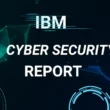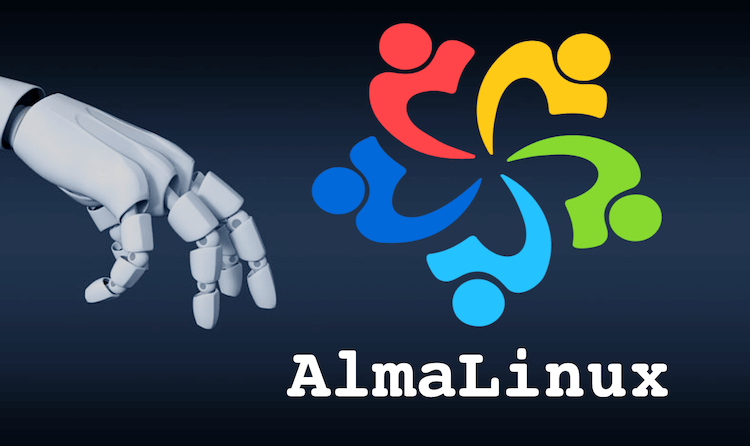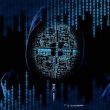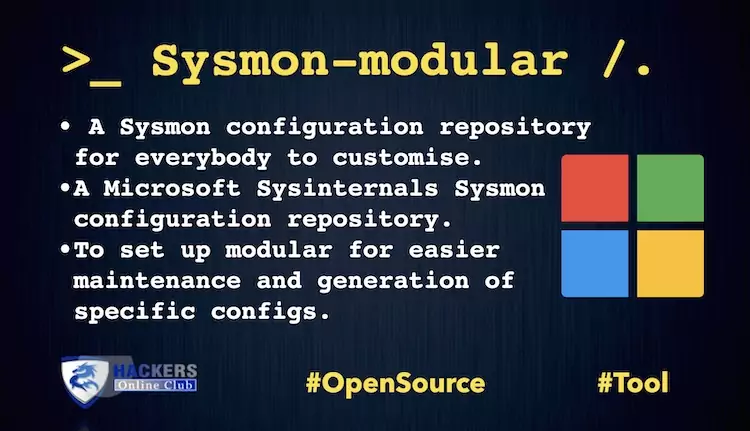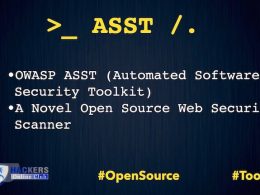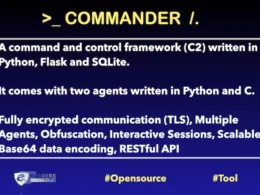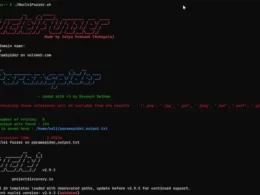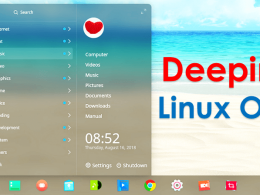AlmaLinux is a free and open source Linux distribution, community-driven project that intends to fill the gap left by the demise of the CentOS stable release.
AlmaLinux OS is a 1:1 binary compatible fork of RHEL 8 guided and built by the community.
AlmaLinux OS 8.4 Change Logs
Secure Boot is now fully supported (almbz#3 (opens new window))
OpenSCAP security profiles are now ready for production
devel repo released with extra packages and build dependencies not included in upstream distribution. This is developers only and shouldn’t be enabled on production installations
PowerTools repo is now disabled by default to match upstream distribution and moved to separate file almalinux-powertools.repo (almbz#74 (opens new window))
Added new module streams:
- Python 3.9
- SWIG 4.0
- Subversion 1.14
- Redis 6
- PostgreSQL 13
- MariaDB 10.5
Compiler Updates:
- GCC Toolset 10
- LLVM Toolset 11.0.0
- Rust Toolset 1.49.0
- Go Toolset 1.15.7
You can reference the upstream RHEL 8.4 release notes (opens new window) for a full list of changes in this release.
Installation instructions
There are three installation ISO images available:
AlmaLinux-8.4-x86_64-boot.iso – a single network installation CD image that downloads packages over the Internet.
AlmaLinux-8.4-x86_64-minimal.iso – a minimal self-containing DVD image that makes possible offline installation.
AlmaLinux-8.4-x86_64-dvd.iso – a full installation DVD image that contains mostly all AlmaLinux packages.
You can download ISO here
The recommended way to download ISO images is using the torrent (opens new window) links. Alternatively, you can select a mirror closest to your geographic area listed on the mirrors.almalinux.org (opens new window) website (local mirrors will be a lot quicker than using repo.almalinux.org directly) and download a suitable ISO image from the 8.4/isos/x86_64/ directory, for example:
The first stable release of AlmaLinux OS was introduced on March 30, 2021. It was initially built by CloudLinux experts, but after the first release, it is being owned and governed by the community.

